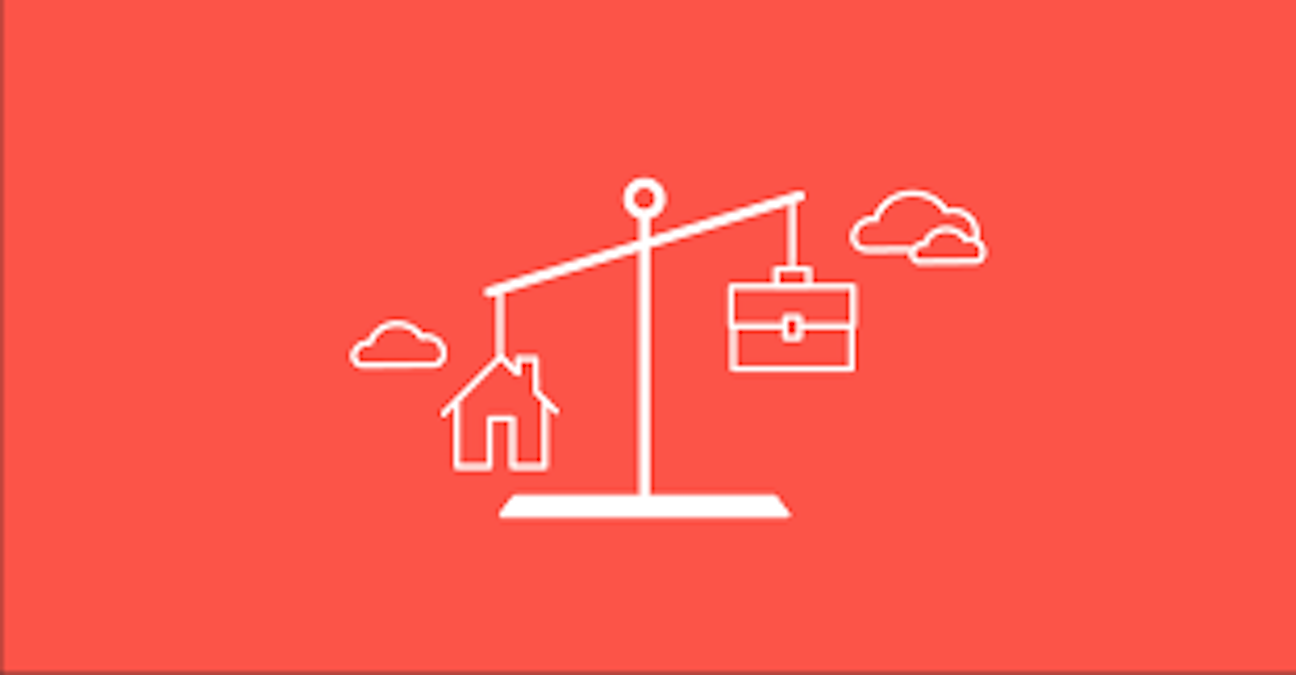For many people, breaking away from the gravitational pull of work is extremely difficult. In fact, for the high-achievers among us, it may seem down right counterintuitive. In pursuit of work-place success, our personal lives are usually the first thing we sacrifice. But this puts us in a precarious position — when our work/life balance is off, our performance suffers, along with our happiness and motivation. We end up feeling overworked, exhausted, and depleted. And overtime, we begin to lose sight of the very reason we became so invested in our work in the first place.
In today’s largely remote landscape — where the vast majority of us are living where we work and working where we live — it’s surprisingly even more difficult to maintain balance. Lacking visibility and a physical location (the office) to contain the work, companies, colleagues, and clients can become increasingly demanding of our time and attention, causing work to spill over into our evenings and weekends. And internally, we feel more guilty taking a five minute break to rest on the couch or a half hour lunch break in the comfort of our own kitchen. So we work, work, work to prove to ourselves and others that we are being productive. And then we hit a wall.
In order to reclaim your balance, you need to understand the value of personal time. Only then can you present a solid case, to yourself and others, as to the necessity of your leisure time. In every industry I consult in, I’ve noticed that the top-tier performers are those most deeply committed to their work-life balance, precisely because they understand the benefits. They put as much thought and effort into their leisure time as they do their work, because they understand that it helps them perform better in both realms.
A strong sense of balance:
Fuels Energy
The more energized you are, the more productive you will actually be. When you are burned out, you move more slowly. You may not realize it because your judgement is off, but simple tasks can take two, three, four times longer.
Improves Accuracy
When you are rested, refreshed, and in balance, you think more clearly, making better, swifter choices. You don’t waste time doing work over, or correcting mistakes.
Inspires Innovation
The best ideas often come when you step away from your work and stop staring at a problem. A change in environment or activity — going for a drive, exercising, or just taking a lunch break — often stimulates innovation, enabling you to solve problems in new ways.
Heightens Patience
A rewarding, enjoyable life outside work makes it easier to tolerate frustrations at work. It’s easy to lose perspective when you are working fourteen-hour days — little problems can become treacherous monsters.
Boosts Motivation
Being in balance enhances your overall quality of life, which makes you feel fulfilled and enlivened with a sense of purpose. By creating a life that you enjoy, you can flip the switch — and begin “working to live,” instead of “living to work.”
Taking control of your work/life balance, creating clear distinctions between work and leisure time, and ensuring that the time off you do have is rewarding, refreshing, and energizing is one of the best investments you can make — not only for yourself, but for your company and your career. If we don’t stop to refuel, we’re going to run out of gas and we’ll never make it to our destination. To go the distance, to achieve peak performance in everything you do, mastering your work/life balance is not just a nice-to-have, but a necessity.


